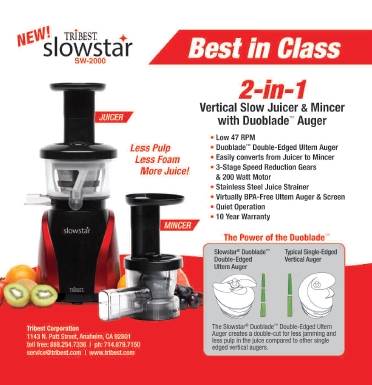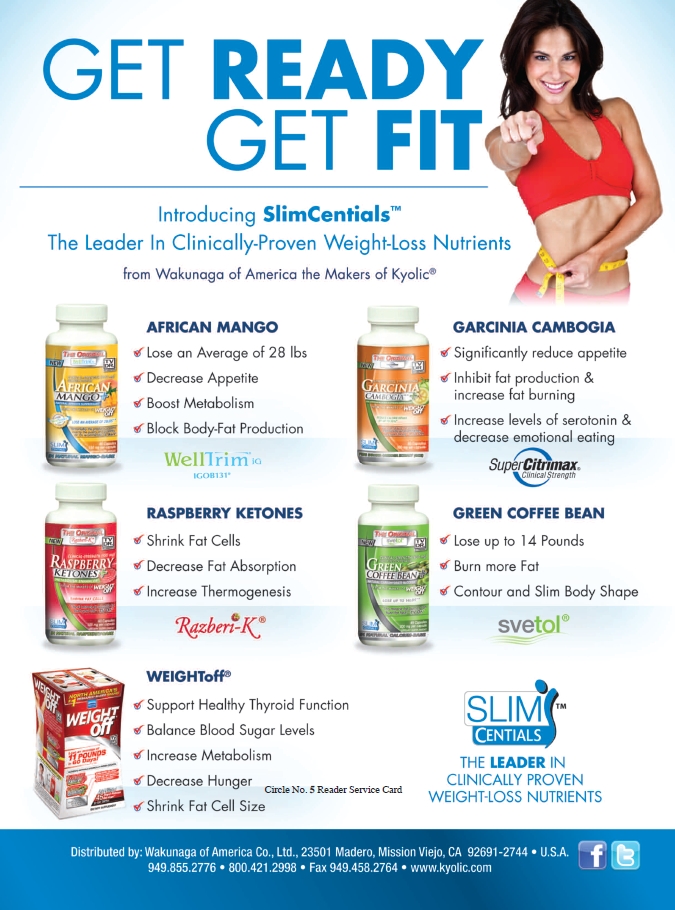How much potassium do you think you get daily? The full 4.7 g/day that the Institute of Medicine suggests? If the trend from a recent survey holds, probably 61% of you believe you consume this amount every day—and nearly all of you are dead wrong.
Survey Says…
While many people feel they know their nutrient intake like the back of their hand, the vast majority don’t, according to the International Food Information Council (IFIC)’s 2013 functional foods survey. For instance, 68% of people thought they were getting enough vitamin D; in reality, less than half (32%) were meeting the dietary reference intakes (DRIs) for nutrients.
And that’s not too bad when you consider how abysmally poor individuals were at estimating their potassium and fiber intake. On the former, 61% felt they were adequate, but truly only 3% were; for fiber, 67% thought they were getting enough, but just 5% were.
The shame of it is that so many shoppers—80%, per the survey—wholeheartedly believe they are knowledgeable on the topic, when really the opposite is true.
Independent Minded
This last statistic is exactly why I believe there’s a huge need for independent nutrition stores, especially those that value consumer education.
Shoppers may know eating a banana every day at breakfast is great, but I bet you—the retailer—know they would need to eat a bunch (pun intended) to come close to the DRI for potassium.
And, many people just don’t understand enough about how the body processes nutrients, such as why those salty snacks could be sabotaging their potassium intake. But, I’d put money on the fact that your in-house nutritionist or your well-trained staff could explain it.
 What’s more, we often wear blinders while examining our diets, like justifying eating a doughnut for breakfast because we eat healthy “most” of the time. Again, the best retailers among you can certainly talk to concerned shoppers about this issue in a compassionate, encouraging way, without judging.
What’s more, we often wear blinders while examining our diets, like justifying eating a doughnut for breakfast because we eat healthy “most” of the time. Again, the best retailers among you can certainly talk to concerned shoppers about this issue in a compassionate, encouraging way, without judging.
And don’t forget about mixed messages from physicians, news reports, junk food companies or even good-intentioned family members about the “dangers” of supplements. I’ll bet anyone in your store can set the record straight with accurate facts, and probably an informative handout or two.
In short, the gap in nutrition knowledge is tough to fill, but independent stores have some unique tools at their disposal, not the least of which are the desire and means to talk to shoppers about good health in a very personal way.
In my house, when we plan to stock up on supplements, we talk about going to Theo’s—not “the nutrition store” or even its actual store name, Green Acres in Piscataway, NJ. Why? Because the store manager and his staff have consistently offered great suggestions, made good on special orders and always greet us by name. Our shopping experience has been shaped by Theo in a very positive way, and we value the store's personal touch. These are features you can’t find just anywhere.
According to this year’s WholeFoods Retailer Survey, independents are strong and resilient. Stores sold more than they did last year, and they’re expecting revenue to increase again next year. There’s a good reason for this; shoppers sincerely appreciate all that independents have to offer.
Shoppers desperately need straightforward and honest facts, and independent retailers are just the people to help. WF
Kaylynn Chiarello-Ebner
Editor/Associate Publisher










